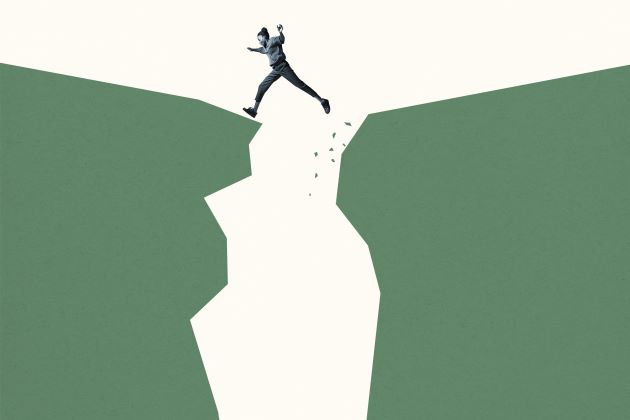Mental health nurse and EMDR (eye movement desensitisation and reprocessing) consultant Kathy warns of the long-term psychological impact the COVID-19 pandemic could have on nursing staff
I served in the British Armed Forces for 10 years as a mental health nurse and quickly learnt the impact of war; not only the life changing injuries that people experience in battle, but also the emotional and moral injuries that are left.
At that time, the nation rallied behind our military services; there was overwhelming support from the NHS, MOD and third sector for returning personnel. There was increased funding for rehabilitation units for injured soldiers to receive state of the art prostheses and psychological support.
But what happened to our heroes once the media coverage dwindled and the battle was over?
In mental health services we have recurring scenarios of ex-personnel presenting with emotional and moral injuries. I hear accounts of how life has changed, how they feel stuck in the past. Often a consequence of returning to “normal life” is feeling detached from loved ones and struggling to maintain a job. Many start to question their own actions and the actions of others at the time of conflict, including the lack of training and equipment.
When this time is over, the trauma for some will have just begun
There's been a lot of talk in the media and from the government drawing on parallels with conflict and using wartime language during this crisis. I see the nation standing together once again at a time when we face what has been described as the biggest “threat to our country at times of peace”. Once again, the MOD, NHS and businesses step in to build hospitals, source ventilators and specialist equipment, and support those in isolation.
It’s essential we learn from past experiences. When this time is over the trauma for some will have just begun. What some of our key workers have experienced over the last few months may stay with them a long time. The moral conflicts they’ve had to endure, making life changing decisions while also caring for loved ones and losing friends and colleagues. Not forgetting key workers with long term health conditions bound to their houses, feeling redundant due to their own health needs. Guilt, fear and shame of working differently in already stretched and under-staffed environment.
In time, retired nurses and doctors will no longer be required in clinical practice, key workers will return to their usual roles and life will continue. But for some, anxiety, depression and long-lasting psychological trauma may be the road ahead.
I'd like to hope once this pandemic is over and no longer the central focus of the media, the national government will still be supporting our “heroes” and they will not be forgotten.
Information and support
Read more about COVID-19 and your mental wellbeing on the RCN website.
Contact the RCN counselling service.








